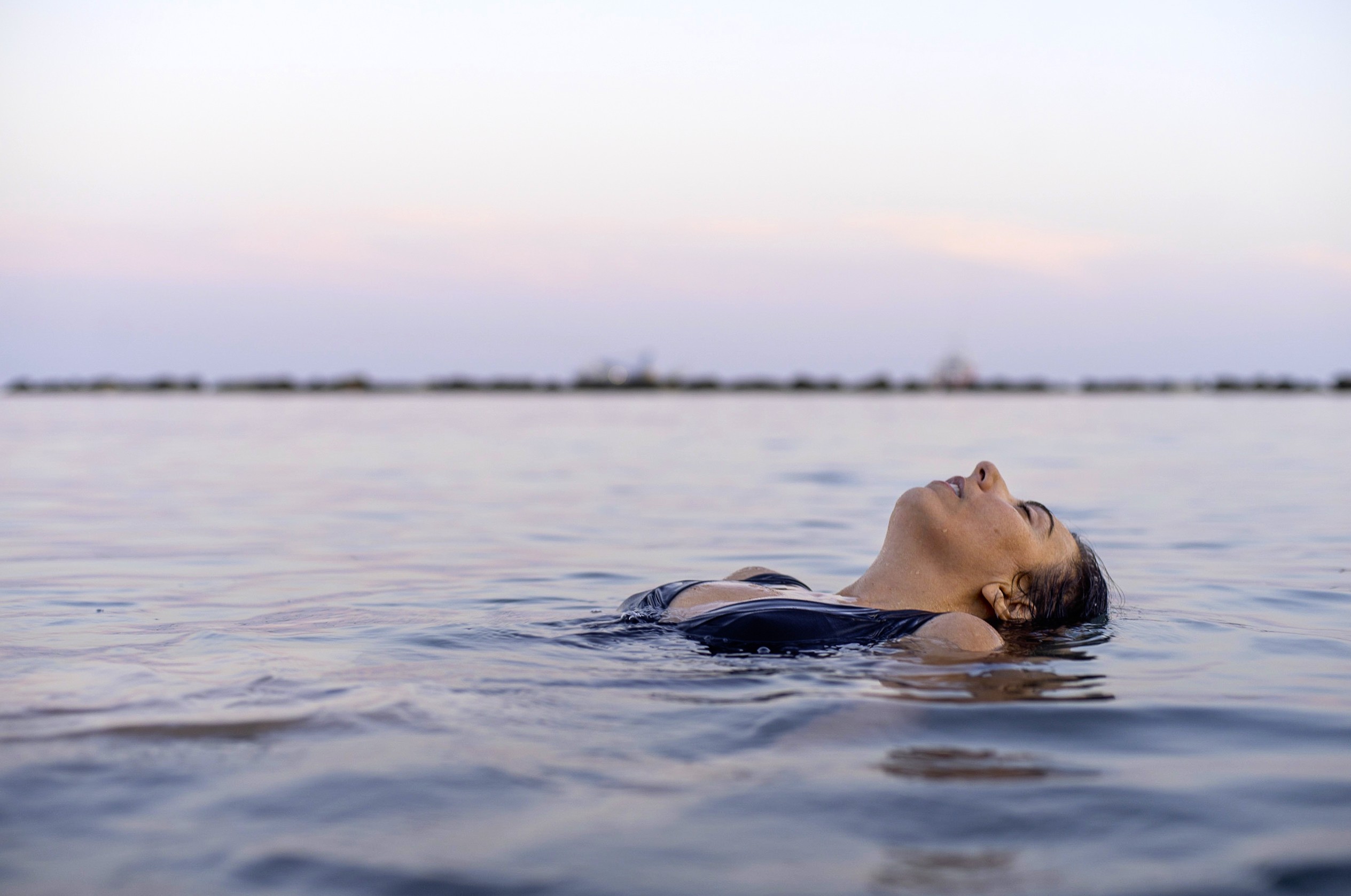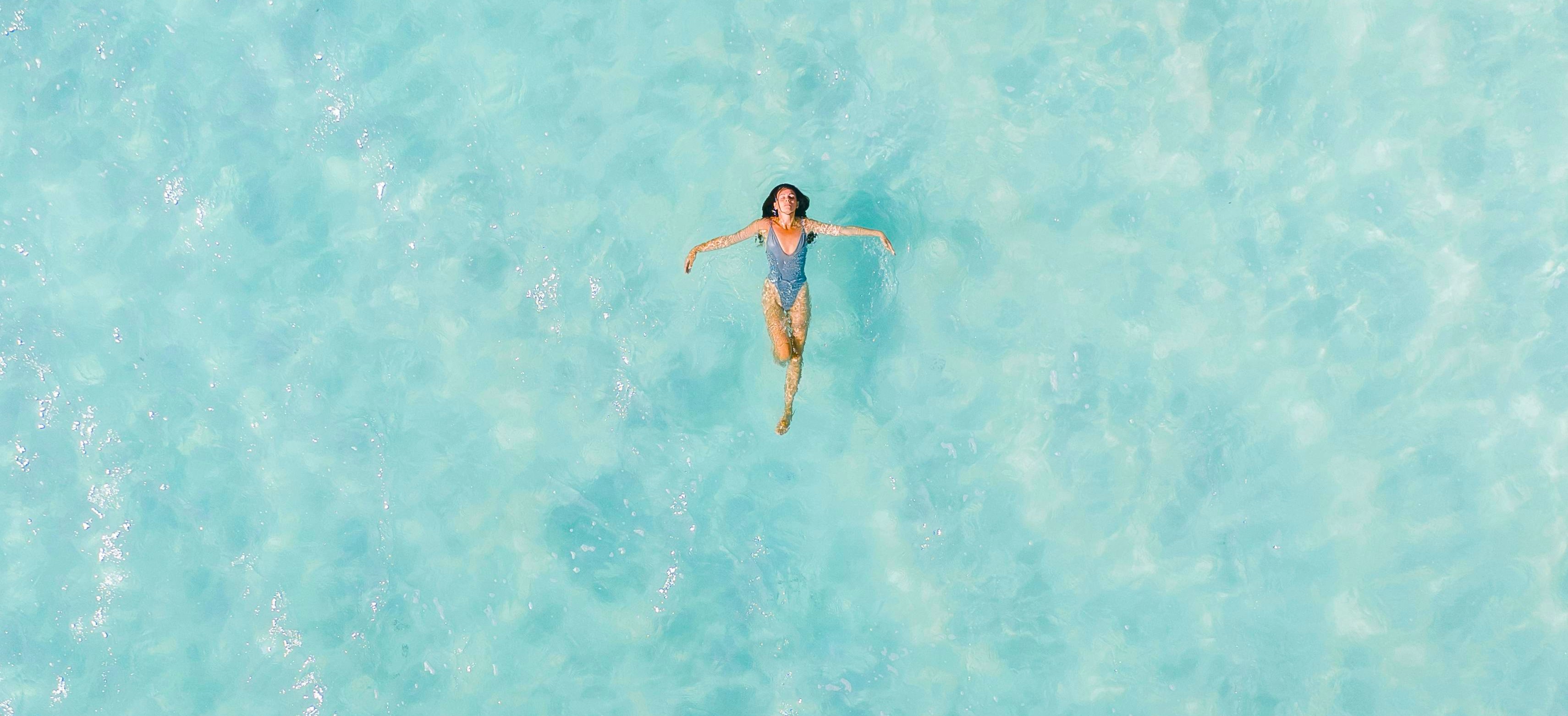For those who left the island long ago, returning – even for a little while – is a reset for the soul
“Cyprus heals,” says Koraly Dimitriadis . “When we come back – even for a short while – the island starts to heal us.”
Like so many of us, Koraly was born and raised abroad – a second-generation Cypriot from Melbourne. But unlike the many who carry their questions quietly, Koraly is a writer, a poet, a performer – someone who doesn’t just feel the tension of being caught between worlds, but examines it.
Her work lays bare what so many in the diaspora experience but rarely say aloud: the pressure, the confusion, the longing to return – not just to a place, but to a self that might have been; that could still be.
This isn’t just about buying the dream cottage in Paphos, eating souvla and koupepia, napping beneath the jasmine. It’s about how, for many in the diaspora, Cyprus is the missing piece. A place that offers us the chance to speak our language without hesitation, walk our land without apology.
“As Cypriots raised abroad – maybe second or third generation – we carry a heavy burden,” says Koraly. “We carry the silence of our parents, the fear under which they left, their expectations we never fully understood. We grow up trying to be enough for two worlds, belonging to neither; inheritors of a legacy of customs, fears and expectations we don’t always understand.”
“Our parents left for safety, stability, a better life. But they often left under stress, carrying hurts that never had the chance to heal. And we, their children, were raised in the shadow of those wounds; experts in adaption but strangers to ourselves.”
Cyprus may be contradictory: sun-drenched and war-scarred, sacred and scandalous, caught between three continents and a thousand contradictions. It may cling to history with one hand and wave in tourists with the other. But while those who remained grew alongside the island, experiencing its changes with time, those who left have a different story.
“I often feel the diaspora froze the island at the moment they departed – preserving its trauma, its fear, its unfinished stories,” Koraly suggests. “And they carried this weight across the oceans, passed it down to children who never quite understood what they were grieving…”

Koraly is one of those children.
A well-known poet, performer, and author (her acclaimed titles include Love and F**k Poems, Just Give Me the Pills, She’s Not Normal, as well as award-winning poetry film Yiayia Mou), Koraly is – like so many of us – a second-generation Cypriot. Born and raised in Melbourne, she often writes about her roots, her identity and the emotional weight that migrant families carry but rarely name.
“In Australia, my parents were so strict,” says Koraly. “When I was younger, I thought they were just being difficult. But now I realise they were afraid – they were trying to build a life in a foreign country, trying to protect us. They were relying on cultural mores that were out of date and frozen in time. While Cyprus was moving forward, they were holding onto the version they left – because it was all they knew.
“And yet,” she adds, “I could see their souls bleeding for Cyprus…”
Koraly was one of the lucky ones. As a child, she was able to come back to the island every few years.
“When we returned, everything was different,” she posits. “My parents suddenly relaxed, socialised, came alive. I was allowed to do what I wanted; life became easier, freer. Here, you can be yourself, devoid of labels. When you return to Cyprus, you can breathe again, you can heal.”
That contrast – between the rigidity of silence and strictures of life abroad and the ease she felt in Cyprus — stayed with her.
“Even coming back to the island for a little while is a reset for the soul,” she admits. “It’s a softening, a loosening of everything we’ve held tight. The pressure to explain, to edit ourselves, suddenly lifts. In Cyprus, you can be yourself. You can heal…”
This year, that’s exactly what Koraly intends to do…
Here for the entire summer, the Australian Cypriot will be basing herself in Cyprus as part of a European tour to promote her new book. Hosting and speaking at various events, she’ll be connecting not just with the island, but with those who, like her, carry a complex legacy.
“The Mother Must Die is probably the most personal thing I’ve written,” she says. “It’s fiction, but the stories are rooted in everything I grew up with – the expectations, the silence, the contradictions. It’s about the things we inherit, and the way those things shape us for life. Cyprus informs every line, even when it’s not named.”
From the first-person narrative of the elderly woman who’s fallen into chronic depression after a lifetime exiled from her beloved island to the tale of the second-generation Australian Cypriot whose family has built an empire on tzatziki, Koraly’s new book lays bare the humour and heartbreak of diaspora life.
But most of all, it heals. Like a return to the island itself, these stories offer a kind of reckoning wrapped in warmth – a way of making peace with the past without needing all the answers. It sits with the complexity of being Cypriot abroad and gently says: you’re not alone. You were never alone.
“So many of our families left because of the war or the troubles or finances,” says Koraly. “They left a country in crisis, their wounds fresh.
“Those wounds were never allowed to heal – they were merely passed down to their children. So when we, the next generation, come back, it feels like returning to what should have been.
“We step into a life that could have been ours, could have been different, could have been whole. Coming back to Cyprus, even for a little while,” she concludes, “heals us.”
For more information on Koraly’s Cyprus events, visit koralydimitriadis.com






Click here to change your cookie preferences